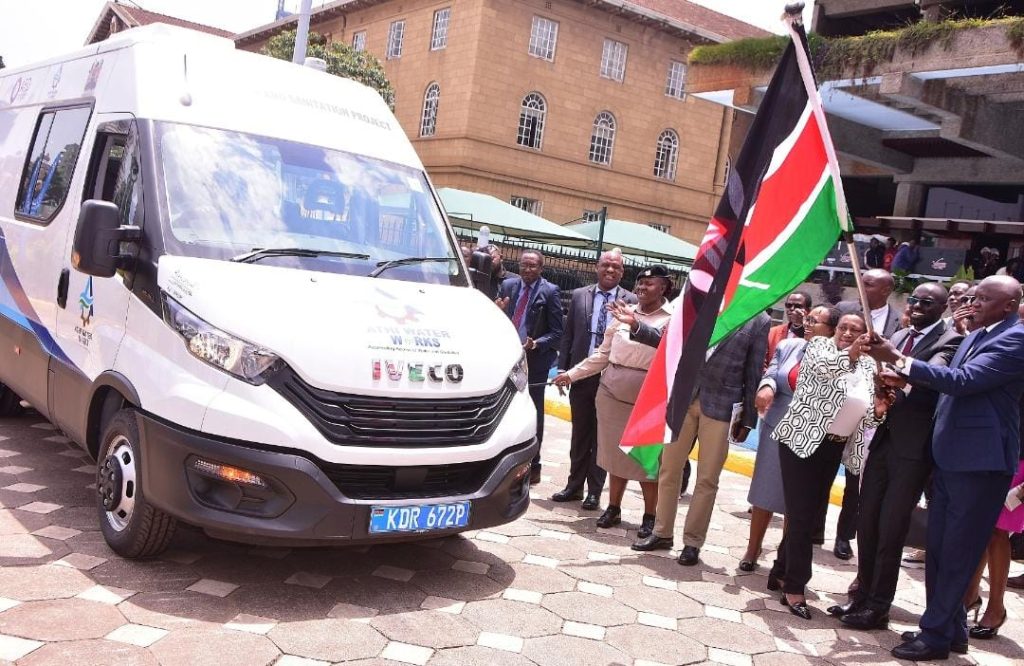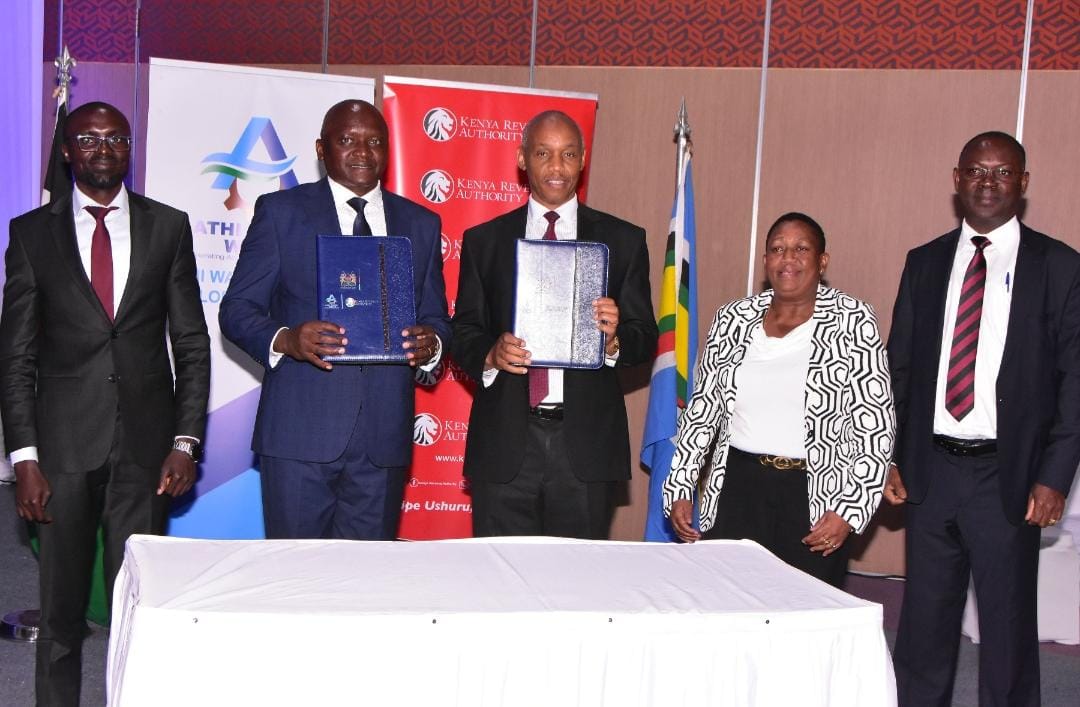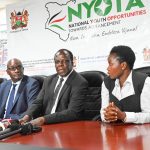By Peace Muthoka.
Nairobi, August 29, 2025 – The Athi Water Works Development Agency (AWWDA) has unveiled its ambitious 2024-2029 Strategic Plan, aimed at revolutionizing water and sanitation access in Nairobi, Kiambu, Murang’a, and the surrounding regions. The new plan focuses on addressing pressing water supply challenges while promoting economic and public health benefits for millions of Kenyans.
Central to this strategy are major infrastructure projects, such as the Thiririka Dam Water Supply Project, Maragua 4 Dam, Northern Collector Tunnel II, and the Nairobi Satellite Towns Water and Sanitation Improvement Project (NATWASIP). These initiatives will enhance water supply capacity by introducing new water sources with a combined storage capacity of 461,000 cubic meters per day. They will also increase water treatment capacity to 318,500 cubic meters daily. Furthermore, the plan includes the construction of over 443 kilometers of transmission pipelines and 880 kilometers of sewer networks, a move that will significantly boost water access and sanitation infrastructure.
The projects are designed to bridge the growing gap between water supply and demand, benefiting both urban and peri-urban communities. By ensuring more reliable access to safe water, AWWDA expects the initiative to cut down waterborne diseases, improve public health outcomes, and foster economic opportunities in various sectors. Eng. Joseph Kamau, CEO of AWWDA, emphasized, “This plan is not just about building dams and pipelines; it’s about building livelihoods, creating opportunities, and securing Kenya’s long-term water future.”
The strategic plan, which requires a total investment of KES 206 billion, will be financed through a mix of government allocations, public-private partnerships, development partners, and climate funds. In his keynote address, Eng. Eric Murithi Mugaa, Cabinet Secretary for Water, Sanitation, and Irrigation, described the plan as a key step towards achieving the country’s Vision 2030 and the Bottom-Up Economic Transformation Agenda. “The scale of socio-economic benMugaa healthier families, thriving businesses, and stronger local economies cannot be overstated,” said Eng. Mugaa.

In addition to the strategic plan launch, the event marked the commissioning of bulk water operations through the Karimenu II Dam and Northern Collector Tunnel systems, which now supply over 217 million liters of treated water daily to Nairobi and its environs. To enhance accountability, AWWDA also signed a Service Level Agreement (SLA) with the Kenya Revenue Authority (KRA) to manage bulk water revenue collection.
The event concluded with remarks from Ms. Mary Munga, Chairperson of AWWDA’s Board, who emphasized the importance of good governance and collaboration in achieving these goals. “AWWDA is not just delivering infrastructure; we are delivering dignity, prosperity, and national cohesion through water,” she said.
With this strategic plan, AWWDA is poised to play a pivotal role in ensuring sustainable water and sanitation access for Kenya, ultimately contributing to the nation’s long-term development goals.










